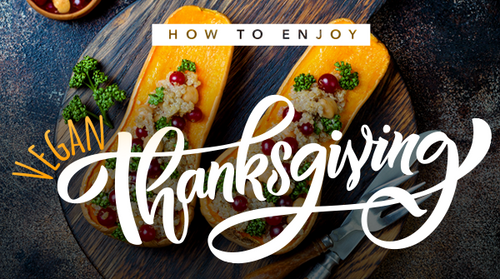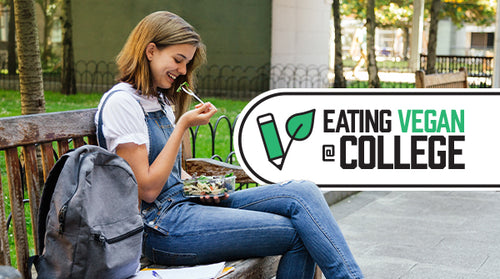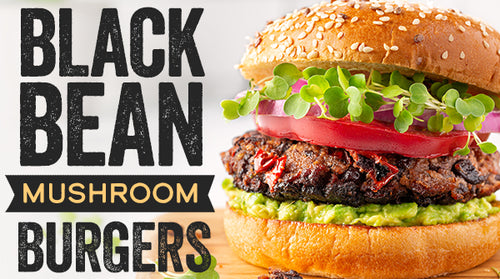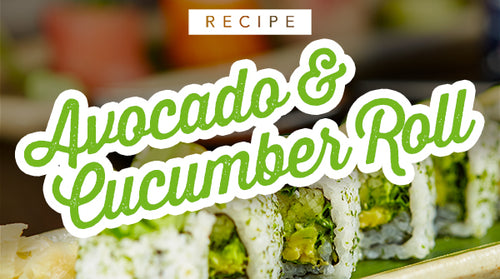Iron: It’s the stuff that helps your blood carry oxygen to your cells and your immune system do its job...among other important tasks.*These statements have not been evaluated by the Food and Drug Administration. This product is not intended to diagnose, treat, cure or prevent any disease. That makes it a critical nutrient.
Dietary iron occurs in two forms: heme, the type found in animal-based foods, and non-heme, iron derived from plants. Non-heme iron isn’t as readily absorbable as the heme variety: This means vegans “need up to 1.8 times more iron than people who eat meat,” according to WebMD.
The following are only some of the many iron-rich foods suitable for a vegan diet; others include beans, green leafy vegetables (most notably spinach and Swiss chard), lentils and whole grains. Blackstrap molasses is one of the best sources; however, with 32 grams of sugar in every two tablespoons, molasses should be used very sparingly.
All iron amounts (which have been rounded) are based on information from the US Department of Agriculture.
Almonds
Iron Content: 1.3 mg per 1/4 cup
Other Notable Nutrients: calcium, fiber, magnesium, manganese, protein, vitamin E
Great as a nutrient-dense snack, almonds add crunch to salads (lightly toast them first) or oatmeal. Almond butter is a satisfying spread, while almond meal is great in pancakes and almond milk can substitute for cow milk (the unsweetened versions are the healthiest).
Apricots (Dried)
Iron Content: 1.9 mg per 1/4 cup
Other Notable Nutrients: beta carotene, calcium, folate, magnesium, potassium, vitamin C
Drying apricots does concentrate their natural sugars, although the nutritional content is concentrated as well. What’s more, unsweetened dried apricots still have a relatively low glycemic index, a measure of how dietary sugar affects blood glucose levels.
Hazelnuts
Iron Content: 1.3 mg per 1/4 cup (chopped)
Other Notable Nutrients: copper, fiber, manganese, protein, vitamin B1 (thiamine), vitamin E
Beside the nuts themselves, hazelnut flour, milk and oil are available. Hazelnuts are rich in fat, but most of it is the healthy unsaturated type. Nutella, a popular chocolate-hazelnut spread, is delicious—but high in calories and saturated fat, so enjoy it as a special treat.
Lima Beans
Iron Content: 2.1 mg per 1/2 cup (cooked)
Other Notable Nutrients: fiber, folate, magnesium, potassium, vitamin B1, vitamin E, vitamin K
Despite their buttery flavor, lima beans have very little fat. They do have quite a bit of starch; even so, their glycemic index clocks in at a glucose-friendly 46. Generally available canned and frozen, limas can sometimes be found fresh at farmers markets in the early fall.
Potatoes (White)
Iron Content: 4.1 mg per 1 baked potato, skin on
Other Notable Nutrients: fiber, folate, potassium, vitamin B3 (niacin), vitamin C
Often thought of as a dietary villain, potatoes actually provide reasonable nutrition. What makes them unhealthy is the preparation method (hello, French fries). Always eat them with the skin, where many of the nutrients are found, and top them with something like non-dairy plain yogurt.
Pumpkin Seeds
Iron Content: 2.4 mg per 1/4 cup
Other Notable Nutrients: copper, magnesium, phosphorus, protein, zinc
Packaged pumpkin seeds often contain high amounts of sodium, so be sure to check the label. Even better, prepare them yourself by roasting them (without salt) or eating them raw. Raw seeds should be kept in the fridge, where their healthy fats will keep better.
Soybeans
Iron Content: 1.5 mg per 1/3 cup (green, cooked)
Other Notable Nutrients: calcium, fiber, folate, magnesium, protein, vitamin B1
Boiled green soybeans are generally known by their Japanese name, edamame. Mature soybeans are commonly eaten in forms such as tofu, with 3.4 mg of iron for every half-cup of the firm variety, and tempeh, which supplies 2.2 mg per every half-cup.
Sunflower Seeds
Iron Content: 2.3 mg per 1/4 cup
Other Notable Nutrients: B vitamins, copper, fiber, manganese, protein, selenium, vitamin E
Most of the seed’s considerable fat content is unsaturated, which is the healthy type. As with pumpkin seeds, many packaged sunflower seeds are loaded with salt. Be sure you get the unsalted kind, either raw or roasted.
Teff
Iron Content: 2.6 mg per 1/2 cup (cooked)
Other Notable Nutrients: calcium, fiber, potassium, protein, selenium, zinc
A staple food in its native Ethiopia, teff has become more popular in the US recently as a gluten-free grain with an earthy, nutty, slightly sweet taste. The tiny grains can be eaten as a side dish; teff is also available as a flour good for pancakes, bread and other baked goods.
Tomato Puree
Iron Content: 1.1 mg per 1/4 cup
Other Notable Nutrients: lutein, lycopene, potassium, vitamin C, zeaxanthin
A favorite salad ingredient, tomatoes are not only available fresh but also in numerous other forms; puree contains more iron than fresh because it is concentrated. Pureeing also makes lycopene, the phytonutrient tomatoes are famous for, more readily absorbable.
Like this article? You’ll love our weekly newsletter
sign up here!
**These statements have not been evaluated by the Food and Drug Administration. This product is not intended to diagnose, treat, cure or prevent any disease.




















































































